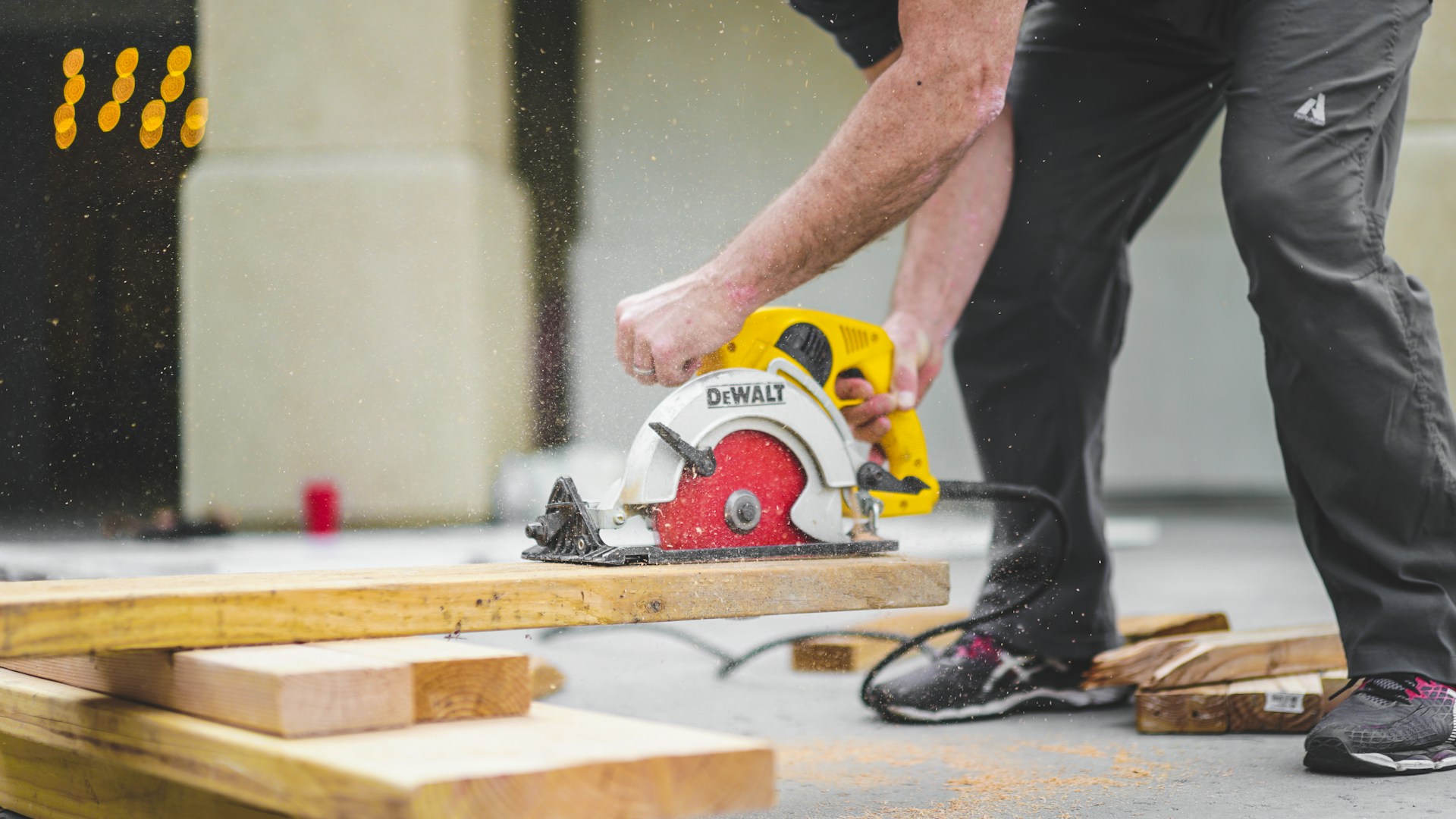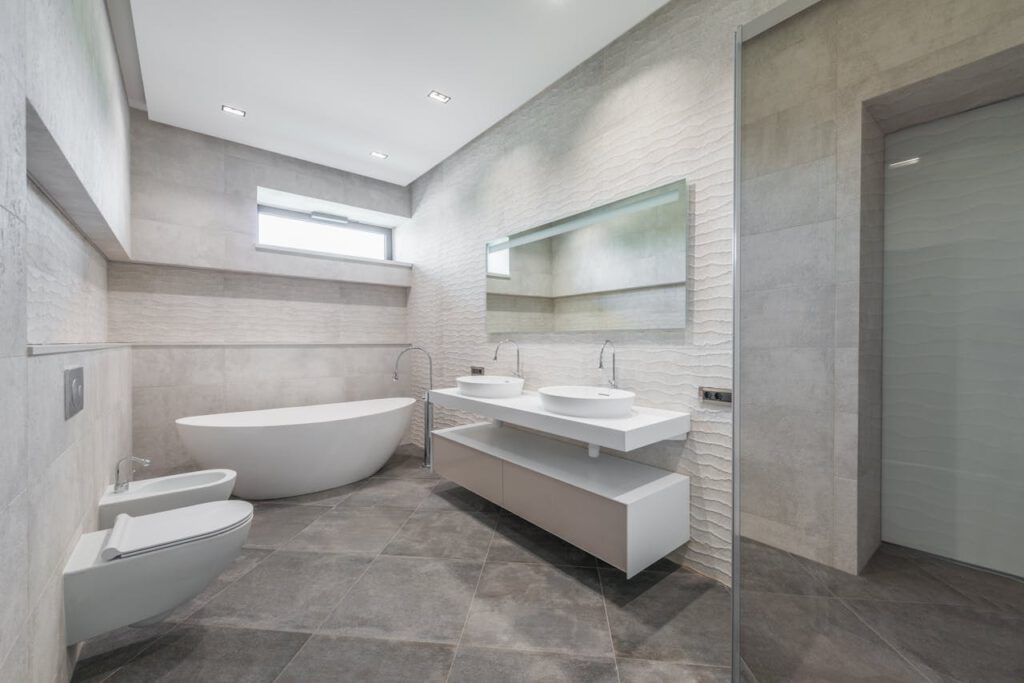Navigating Permits and Regulations with NYC Remodeling Services. Embarking on a remodeling project in New York City can be an exciting endeavor, filled with visions of transforming your living space into a dream home. However, before you can start knocking down walls or installing new fixtures, it’s crucial to navigate the maze of permits and regulations that govern construction and renovation in the city. Here’s a comprehensive guide to help you understand the process and ensure your project complies with all NYC requirements.
Table of Contents
Understanding NYC Building Permits
New York City requires building permits for most construction and renovation activities. These permits ensure that the work complies with local building codes and zoning regulations, which are designed to maintain safety and aesthetic standards throughout the city.
- Types of Permits: Depending on the scope of your project, you may need different types of permits. Common ones include:
- Alteration Type 1 (ALT1): For major changes that affect the building’s use or occupancy.
- Alteration Type 2 (ALT2): For renovations that don’t change the use or occupancy, such as interior remodels.
- Alteration Type 3 (ALT3): For minor work, like installing a new window or fence.
- Filing Process: To obtain a permit, you’ll need to file an application with the NYC Department of Buildings (DOB). This involves submitting detailed plans and documentation, often prepared by a licensed architect or engineer.
- Approval and Inspections: Once your application is submitted, the DOB will review your plans. If approved, you’ll receive your permit, but the process doesn’t end there. Inspections are required at various stages of the project to ensure compliance with the approved plans and building codes.
Key Regulations to Consider
Navigating NYC’s building regulations can be complex, but understanding key requirements can help streamline your project.
- Zoning Laws: NYC’s zoning laws dictate what can be built and where. These laws cover aspects like building height, floor area ratio, and usage. Before planning your remodel, ensure your project complies with the zoning regulations for your area.
- Landmark and Historic Districts: If your property is in a historic district or designated as a landmark, additional regulations apply. The NYC Landmarks Preservation Commission (LPC) must approve any exterior work to ensure it maintains the historic character of the building and neighborhood.
- Energy Code: NYC’s Energy Conservation Code sets standards for energy efficiency in new construction and renovations. Your project must comply with requirements related to insulation, windows, HVAC systems, and more.
- Accessibility: Depending on the nature of your project, you may need to meet accessibility standards set by the Americans with Disabilities Act (ADA) and local regulations. This can include requirements for ramps, door widths, and bathroom accessibility.
Hiring the Right Professionals
Navigating permits and regulations in NYC is no small feat, which is why hiring experienced professionals is essential. Here’s who you’ll need on your team:
- Architect or Engineer: These professionals will help design your project and ensure it complies with all relevant codes and regulations. They’ll also prepare the necessary documentation for your permit application.
- Licensed Contractor: A reputable contractor will manage the construction process, ensuring that the work meets the approved plans and passes inspections. Look for contractors with experience in NYC to navigate the city’s unique challenges effectively.
- Expeditor: An expeditor is a specialist who helps navigate the permit process. They’re familiar with the intricacies of the DOB’s requirements and can help expedite the approval process, saving you time and hassle.
Tips for a Smooth Process
- Plan Ahead: The permit and approval process can be time-consuming. Factor in additional time for obtaining permits and passing inspections when planning your project timeline.
- Stay Informed: Regulations can change, so stay updated on the latest building codes and requirements. The NYC DOB website is a valuable resource for current information.
- Keep Detailed Records: Maintain thorough documentation of all permits, approvals, and inspections. This will be invaluable if you encounter any issues or need to prove compliance in the future.
- Communicate with Neighbors: Remodeling projects can be disruptive, so keep your neighbors informed about your plans and timelines. Good communication can help mitigate any potential conflicts.
Conclusion
Remodeling in New York City comes with its unique set of challenges, but with careful planning and the right team of professionals, you can successfully navigate the permit and regulatory landscape. By understanding the requirements and following best practices, you can ensure your project is compliant, safe, and ultimately, a stunning transformation of your space. Happy remodeling!
About the author
Mike Rustamson is a renowned home remodeling expert with a decade of experience in New York City, where he has honed a reputation for high-quality, innovative renovations that fuse practicality with cutting-edge design. Leading a talented team, he transforms urban spaces into bespoke habitats, balancing the historical charm of NYC architecture with modern comfort and efficiency. His expertise extends beyond craftsmanship to include sustainable practices and in-depth knowledge of city-specific building codes, making him a pivotal figure in metropolitan home improvements.

